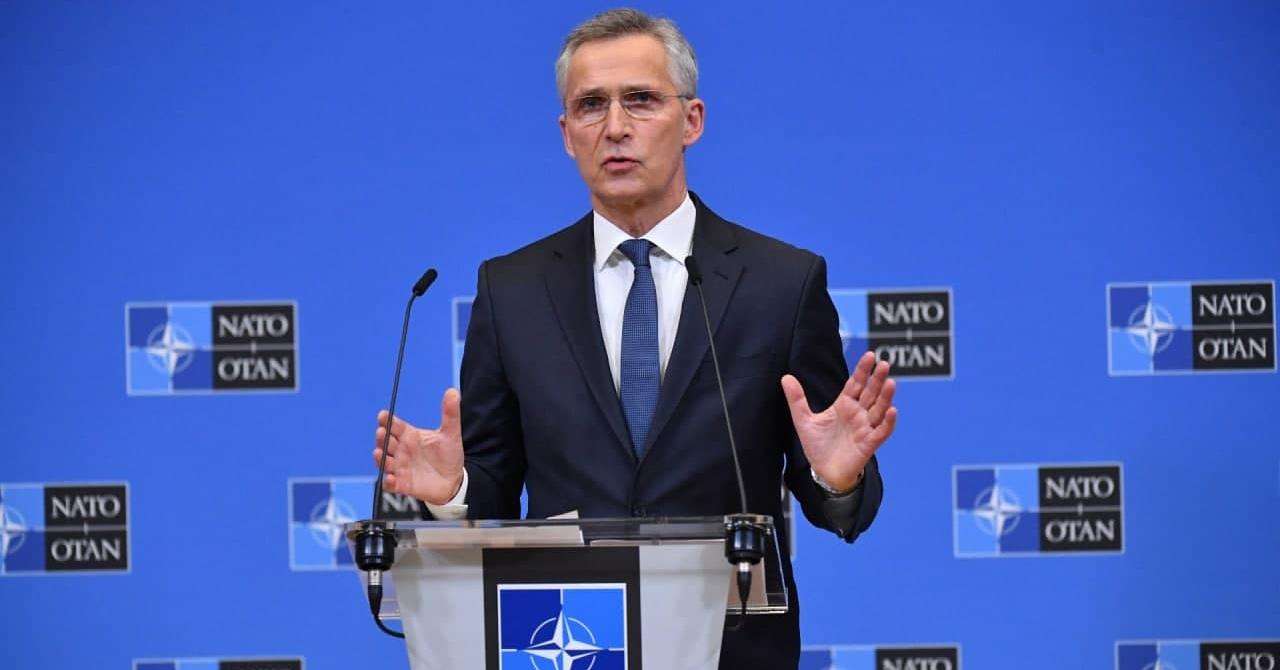BRUSSELS, Feb 22 (CGTN) - NATO Secretary General Jens Stoltenberg warned that Russia's most recent efforts to destabilize Ukraine represents "a serious escalation" and described it as "the most dangerous moment in European security for a generation."
NATO called an extraordinary meeting of the NATO-Ukraine Commission in Brussels, following Russia's recognition of the breakaway regions of Donetsk and Luhansk and the decision to send troops into eastern Ukraine.
"Every indication is that Russia continues to plan for a full-scale attack on Ukraine. We see the ongoing military buildup," said Stoltenberg in a briefing following the meeting.
"This is a serious escalation by Russia, and a flagrant violation of international law, [that] further undermines Ukraine's sovereignty and territorial integrity, and damages efforts to find a peaceful resolution to the conflict, and has grave consequences for European security," he said.
Russia's actions are also seen by NATO and the EU as a violation of the Minsk agreements signed in 2014 to end conflict in the Donbas region. Despite what he described as "a crisis created by Russia alone," Stoltenberg stressed that there was still an opportunity for dialogue with Russia on the matter was "ready to talk ... and try to find a political path forward."
"We urge Russia in the strongest possible terms to choose the path of diplomacy. It's still possible for Russia to change course ... and not further invade Ukraine."
But he also highlighted the importance of sovereignty for Ukraine and welcomed sanctions that are being imposed by NATO allies. The military alliance has always said it is committed to peaceful resolutions of all disputes.
Russia continues to deny that it has any intention of attacking its neighbor. It has, however, threatened "military-technical" action unless it receives security guarantees, including a promise that Ukraine will not join NATO, a demand it says has been consistently ignored by other nations attempting to negotiate with Moscow.
Russia also wants NATO to cease its military activities in eastern Europe. Ukraine is not a member of the alliance, and as a result, it is not covered by Article 5 of the alliance's pact that "an attack against one ally is considered as an attack against all allies."
But the alliance has increased and bolstered its military presence in its member countries which border Ukraine and Russia, in preparation for the fallout of a possible invasion.
"We will continue to provide Ukraine with strong political support and allies are providing equipment to help Ukraine defend itself as well as sustained financial support," Stoltenberg said.





